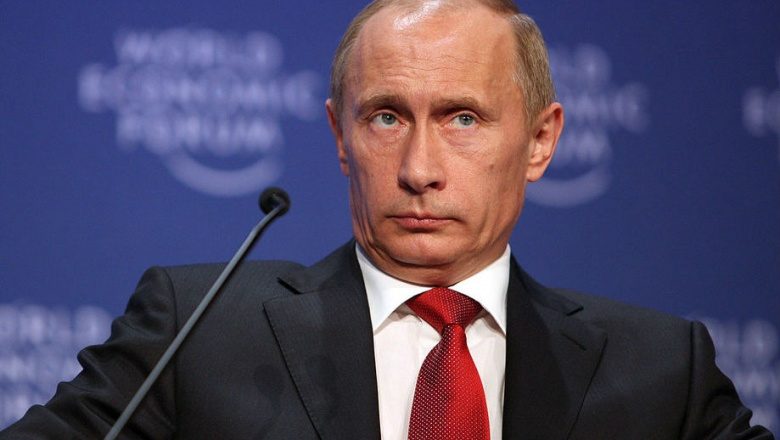A nation must think before it acts.
There is no basis for any claims about a “stolen” presidential election. Nobody stole anything. No Russian operatives altered ballots or tampered with election machines, which is why the Obama administration itself has declared that state-by-state election results “reflect the will of the people.”
Was Russia able to—or intent upon—ensuring the victory of Donald Trump by, among other things, hacking into the Democratic National Committee computers? Meddling is one thing. Questions of intent and culpability, however, are not as easy to answer as some of Trump’s detractors would have it. Congressional investigations to explore what did, and did not, happen are perfectly appropriate, as long as they proceed in a genuine spirit of inquiry rather than attempting to ratify preexisting beliefs.
Indeed, any investigation would have to take into account that Washington itself has in the past tried to influence foreign elections, including in Russia during the 1990s. This is not to posit a symmetry between America, a democracy, and Russian, an authoritarian state. But it is notable that nearly all of the discussion about Russian hacking—with the exception of some experts who had been warning about these trends developing over the last several years—is taking place with an attitude that the November 2016 election is the equivalent of Captain Renault in Casablanca who is “shocked” to discover that gambling is taking place in Rick’s Café Americain.
The most basic question is this: why is anyone surprised that the government of the Russian Federation might have had an interest in the outcome of the 2016 U.S. presidential election? This is basic International Relations 101—countries have interests in the choices other nations make in terms of their leadership and policies based on whether they think they will be good or bad for their own welfare. This is why President Barack Obama urged British voters to reject leaving the European Union and supported the referendum in Italy on constitutional reform backed by his political ally Prime Minister Matteo—because keeping the UK in the EU and strengthening the Italian central government were both important to U.S. efforts to stabilize European affairs. (In both cases, Obama’s preferred outcomes were defeated at the polls by British and Italian voters.) In the U.S. campaign, one candidate signaled an openness to searching for common ground with Moscow, while the other indicated that U.S. policy would take an even harder line against Russian interests.




